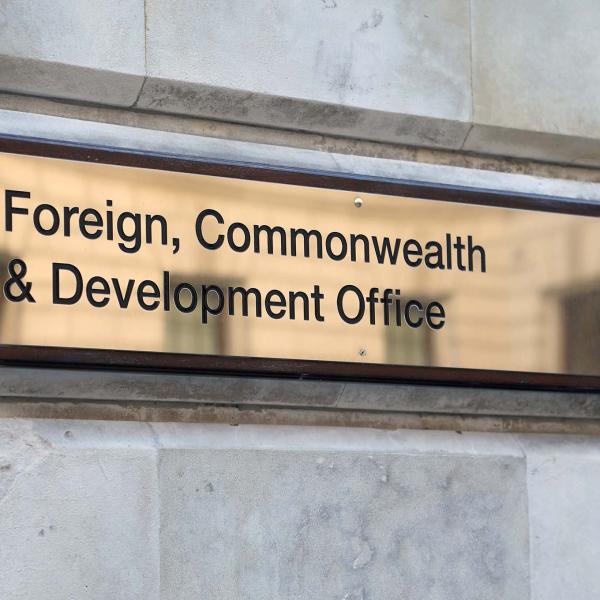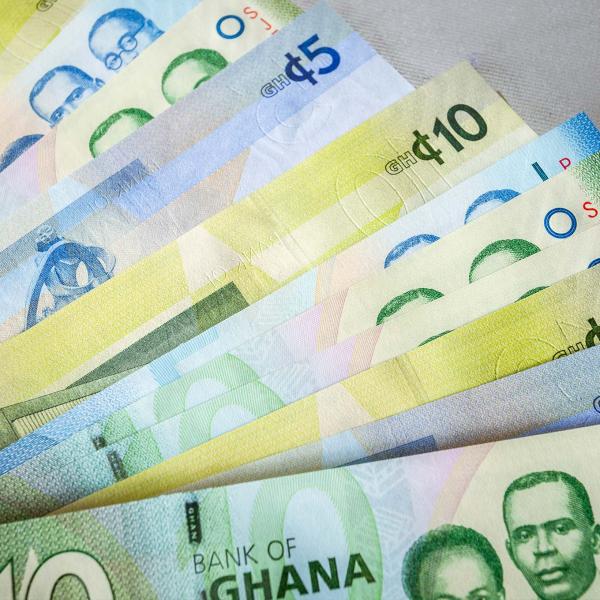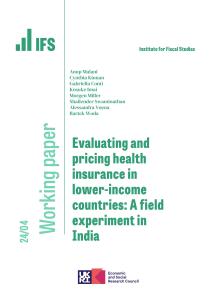In this paper, we propose a measure of social capital based on behaviour in a public goods game. We conducted a public goods game within 28 groups in two similar neighbourhoods in Cartagena, Colombia, one of which had been targeted for over two years by a conditional cash transfer programme that has an important social component. The level of cooperation we observe in the 'treatment' community is considerably higher than that in the 'control' community. The two neighbourhoods, however, although similar in many dimensions, turn out to be significantly different in other observable variables. The result we obtain in terms of cooperation, however, is robust to controls for these observable differences. We also compare our measure of social capital with other more traditional measures that have been used in the literature.
Authors

CPP Co-Director
Orazio is an International Research Fellow at the IFS, a Professor at Yale and a Research Associate at the National Bureau of Economic Research.

Luca Pellerano

Sandra Polanía Reyes
Journal article details
- Publisher
- Blackwell Publishing
- ISSN
- Print 0143-5671 Online: 1475-5890
- JEL
- C92, D7, D85, H41
- Issue
- October 2009
Suggested citation
O, Attanasio and L, Pellerano and S, Polanía Reyes. (2009). 'Building trust? Conditional cash transfer programmes and social capital' (2009)
More from IFS
Understand this issue

If you can’t see it, you can’t be it: role models influence female junior doctors’ choice of medical specialty
24 April 2024

Sure Start achieved its aims, then we threw it away
15 April 2024

Retirement is not always a choice that workers can afford to make
6 November 2023
Policy analysis

Three ways to improve the design of the UK’s overseas aid spending target
18 January 2024

Distributional analysis of Ghana’s tax system
18 December 2023

Progression of nurses within the NHS
12 April 2024
Academic research

Evaluating pricing health insurance in lower-income countries: A field experiment in India
14 March 2024

Saving by buying ahead: stockpiling in response to lump-sum payments
2 February 2024

Labour market inequality and the changing life cycle profile of male and female wages
15 April 2024